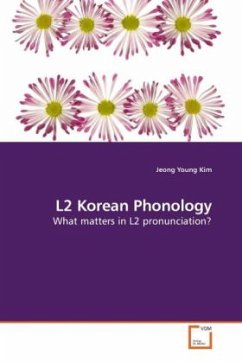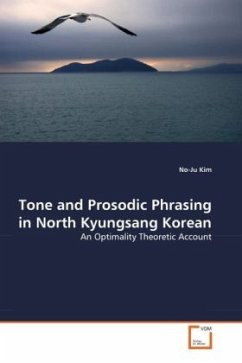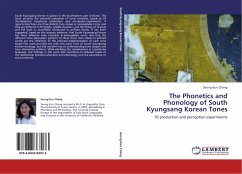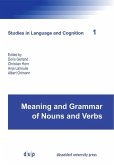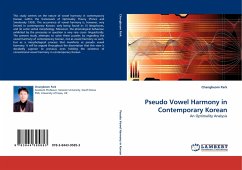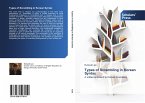Why attaining nativelike pronunciation is so difficult in adult L2A? This book attempts to take a purely linguistic approach to find the reason by hypothising that the acquisition of even a segmental sound is more than the physical matter of getting the articulators to move correctly and involves phonological rules and principles. The acquisition of Korean stop sounds (ie /p,t,k/,/pp,tt,kk/ and/ph,th,kh/) is investigated with regard to adult L2A in this book. Observing that the English- and Finnish-speaking L2 learners have far greater difficulty in their production of stops involved in the tensification rule constrained by syntax than in their production of word-initial stops, it is concluded that the difficulty of mastering L2 phonology is due to the complexity of phonological rules applying beyond the component of phonology or across phonological domains in the prosodic hierarchy, some of which provide a means for mapping the syntax to the phonology. Therefore, it is posited that acquiring the target pronunciation demands complex phonological rules and principles of a segment but does not simply involve the physically correct articulation.
Bitte wählen Sie Ihr Anliegen aus.
Rechnungen
Retourenschein anfordern
Bestellstatus
Storno

